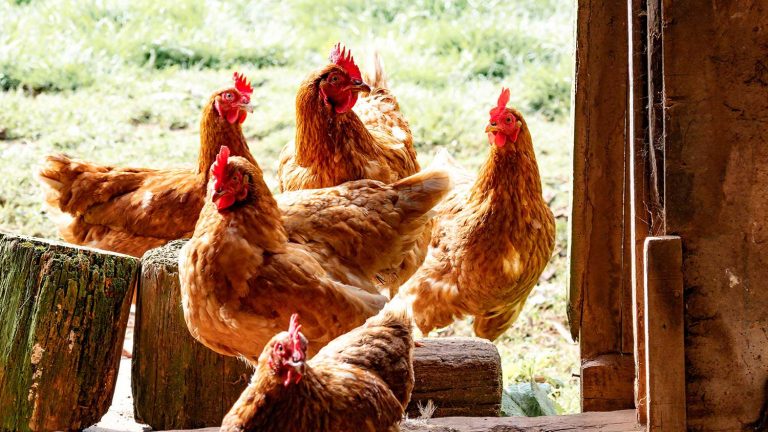Composting is a simple process that can change food scraps into compost, a soil-like substance that is great for growing plants. Many homeowners, however, are either too busy or don’t have the space to compost. That’s where you come in.
PROS:
– Requires less work than other outdoor businesses
– Isn’t as expensive as other businesses to get started
– Composting is good for the environment
CONS:
– Finding people who would want to use your service could be difficult
– Compost takes a while to form
– You may need a car or other form of transportation to reach houses outside of your area
– You must have an out-of-the-way place to do compost
How to Get Started
NOTE: Before you start your business, you should read the page on this website entitled “things to think about before you get started.” After you have taken the preliminary steps for starting any business, you can take the specific steps outlined below.
To start, you need a compost pile or bin. To start a pile, begin to pile up food scraps and yard waste in a shady, flat area far from your house but still easy to get to. You can also purchase a bin that can serve the same purpose as a pile, but in a much more orderly fashion. For a cheaper option, you could use wire fencing, a trash can without a bottom, or other cheap/scrap options.
(For more detailed instructions on the various types of composting, click here.)
Once you have set up your composting area, you need to gather food scraps to compost. Ask around the neighborhood to see if anyone has any. You could also offer to pick up food scraps from neighbors’ porches and deliver compost to them in return, charging them afterwards. Some people might want just you to deliver compost; others may just want you to take food scraps.
Use flyers and websites like Nextdoor.com to inform possible future customers. Inform people of the environmental benefits of composting, like improving soil health and removing food scraps that could have gone to landfills.
How Much to Charge
See if there are companies that offer composting services near you and figure out how much they’re charging and try to charge less. There are also different models, such as a subscription, where they pay once a week or month for you to pick up their food scraps, and deliver them compost.
As examples of what established composting companies charge, one that offers services throughout the U.S. was charging $39 a month (as of this writing), but another was charging only $26 a month. If you are starting a new composting business, you would most likely want to charge around $15-$20 a month, if you’re doing a subscription.
Taking it to the Next Level
- Getting to new customers. Go to farmers’ markets or other similar gatherings to sell compost or gain new customers. Put ads on community websites such as Craigslist to try and draw in new customers.
- Offer additional products or services. Offer to sell plants or sprouts with the compost to help people start gardening. Offer to cut grass or rake leaves and save the clippings or leaves for your compost. (You can find more info on cutting grass here and leaf raking here).
Photo by Markus Spiske on Unsplash








